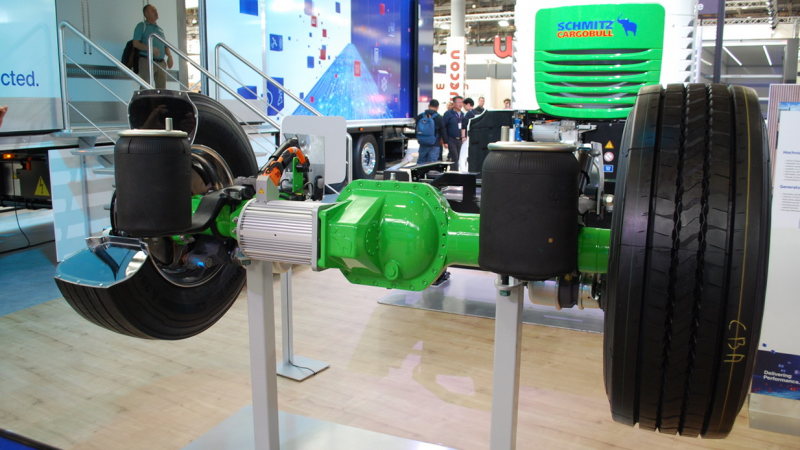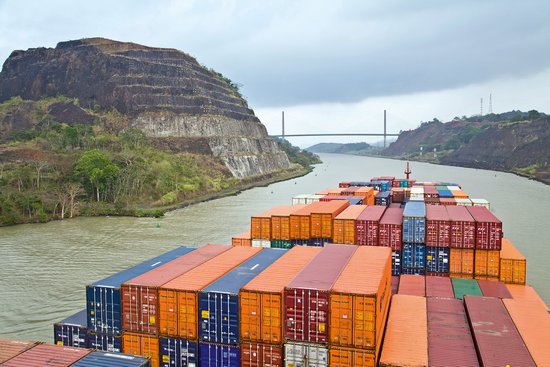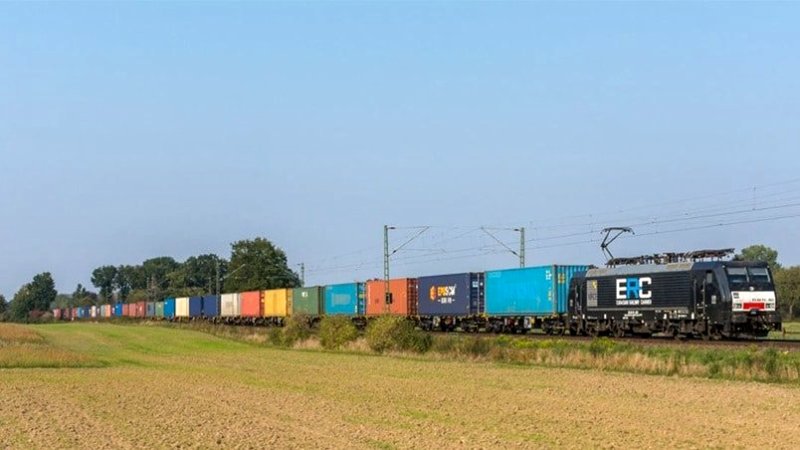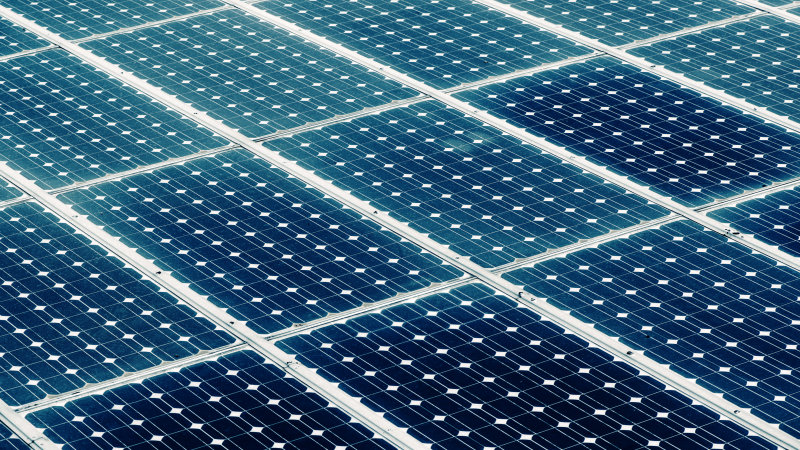Following a proposal on January 31, 2024, the European Commission published the text of the new regulation on April 10, extending trade concessions to Ukraine. Representatives of EU member states confirmed the provisional agreement reached between the Council Presidency and Parliament representatives, extending the suspension of customs duties and import quotas on Ukrainian exports to the EU until June 5, 2025.
The announcement emphasized that this move is "yet another demonstration of the EU's ongoing political and economic support for Ukraine, following two years of unprovoked and unjustified military aggression by Russia. At the same time, the EU has decided to better protect sensitive agricultural products by strengthening protective measures already provided by current autonomous trade measures. Any negative impact on the market of one or more member states will now be considered, rather than just the impact on the EU market as a whole, as is currently the case. A new automatic safeguard measure will also be added for sensitive products such as poultry, eggs, sugar, oats, corn, semolina, and honey. These autonomous trade measures will allow Ukraine to continue generating revenue from trade with the EU, which is vital for sustaining its economy. Together with the EU's extensive military, financial, and humanitarian support, this will assist Ukraine in its long-term reconstruction and gradual integration into the EU's internal market."
The regulation will apply from June 6, 2024, to June 5, 2025, and includes further suspension of all remaining duties and quotas under Title IV of the EU-Ukraine Association Agreement. Key elements of the preliminary agreement include the extension of the automatic safeguard mechanism to four additional products (oats, corn, semolina, and honey), the reduction of the activation time for the automatic protective measure from 21 to 14 days, the extension of the reference period for determining whether imports exceed a certain threshold, a commitment from the Commission to more closely monitor grain imports, particularly wheat, and to utilize available tools in case of market disruptions, and a pledge to undertake necessary actions under the association agreement with Ukraine—as soon as new autonomous trade measures are adopted—to continue the process of mutual tariff liberalization in consultation with Ukraine.
The European Parliament is expected to adopt its position in the first reading during the second plenary session of April. The regulation will then be adopted by the Council, signed by representatives of the Council and Parliament, and published in the Official Journal. It will come into effect on June 6, 2024. Responses from transporters and farmers, especially Polish ones currently engaged in border protests with Ukraine, are eagerly awaited.
Marco Martinelli
































































